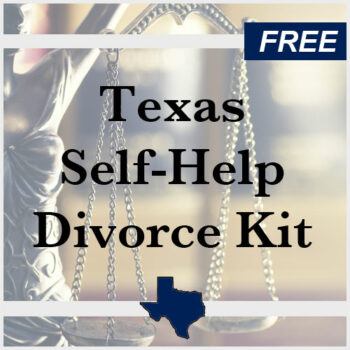13 Tips For Your Final Divorce Hearing
A prove-up hearing, also called a final hearing, is where you ask the court to approve your property settlement agreement, approve you custodial arrangements, and grant you your divorce. Here are 13 tips to help your uncontested prove-up hearing, or final hearing, go as smoothly as possible.
1. Call the court and ask the clerk when the judge hears uncontested cases.
2. Ask the court about any ancillary documents that need to be filed to finalize your divorce and where you can get a copy of the form. Courts usually have the forms available online.
3. Bring a copy of the file-stamped Original Petition for Divorce.
4. Bring a copy of the file-stamped Waiver of Service or Answer.
5. Bring a copy of the Final Decree of Divorce signed by you and your spouse.
6. Bring any additional documents/orders you need the judge to sign such as Qualified Domestic Relations Orders for retirement accounts that have been split and Income Withholding Orders for child support.
7. Bring any ancillary documents, required by the court, completely filled out.
8. Bring extra copies of all the documents listed above!
9. Prepare your testimony. The judge will ask you questions such as whether you think the property division you and your spouse entered into is fair and whether the child custody agreement is in the best interest of your children.
10. Dress nicely as if you were going in for a job interview. This means no shorts, sunglasses, sleeveless tops, sandals, or hats.
11. When you arrive at court, check in with the clerk.
12. Turn off your cell-phone. If your phone goes off, the judge will not be happy!
13. Do not bring in food or drinks and, definitely, do not chew gum.
14. Speak clearly and politely. Address the judge as “Your Honor.” Do not say “Mm-hmm.” Say, “Yes, Your Honor” or “No, Your Honor.”
GOOD LUCK! You are on your way to a new beginning!
DISCLAIMER: The following information found on www.legalattraction.com is provided for general informational purposes only. It may not reflect the current law in your jurisdiction. No information contained on this website should be construed as legal advice or the creation of an attorney-client relationship. This information is not intended to be a substitute for legal representation by an attorney.
SIGN UP FOR A FREE TEXAS SELF-HELP DIVORCE KIT



